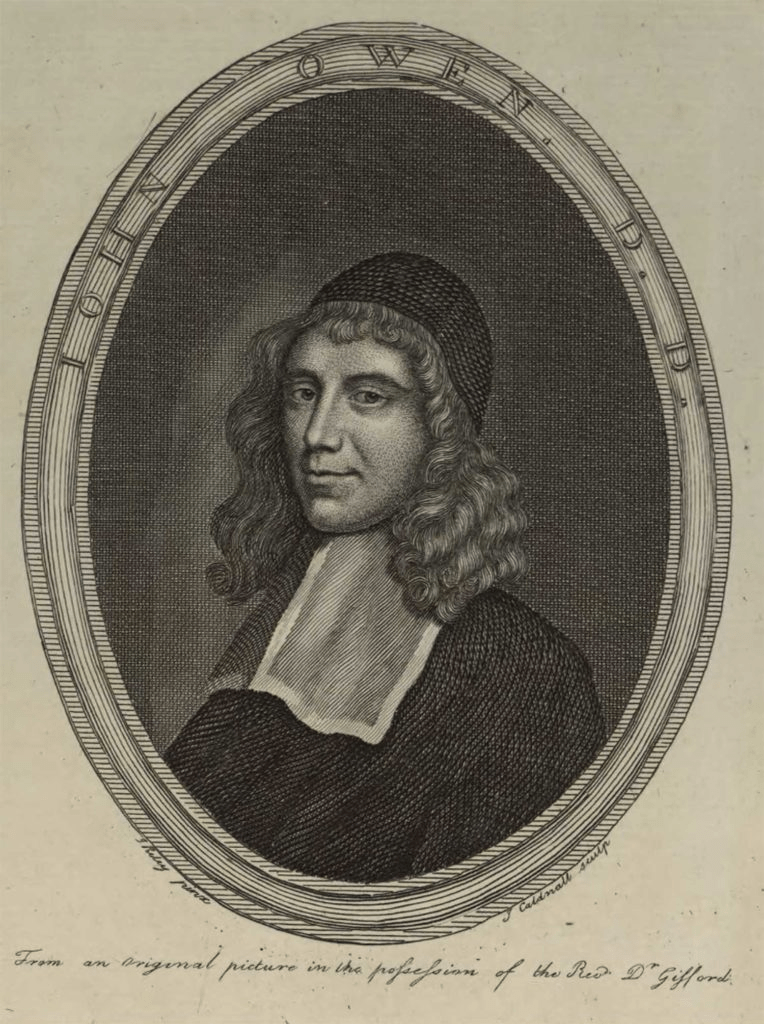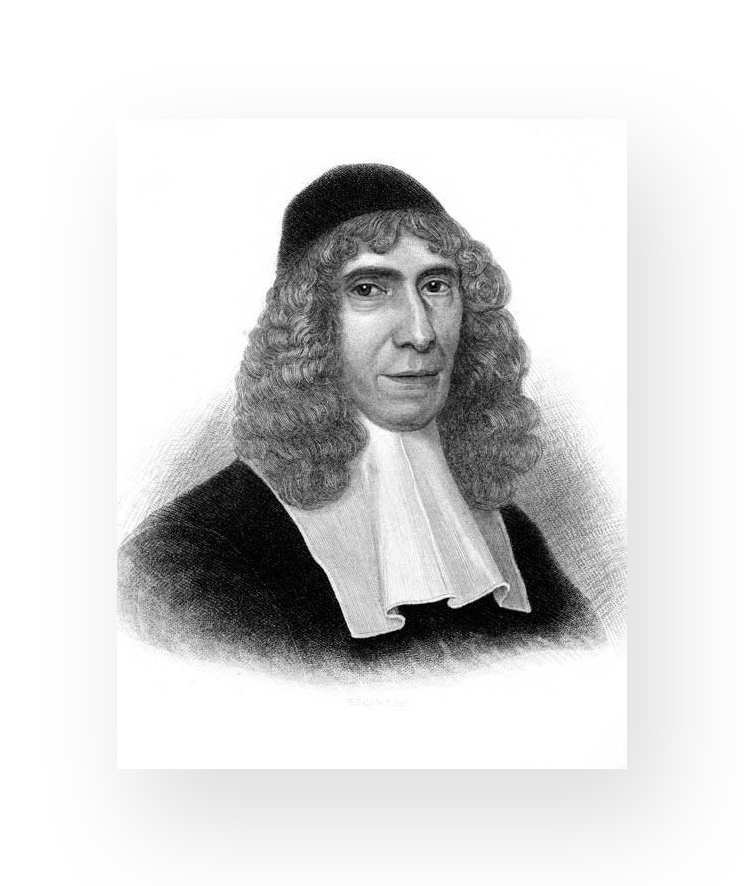
The following excerpted essay was written by English Puritan theologian John Owen (1616-1683). It is entitled The Special Duty of Pastor of Churches. The concerns and challenges he observed in the 17th century apply to pastors of churches in the 21st century.
The sixth task for pastors is to be ready, willing, and able, to comfort, relieve, and refresh, those that are tempted, tossed, wearied with fears and grounds of disconsolation, in times of trial and desertion. “The tongue of the learned” is required in them, “that they should know how to speak a word in season to him that is weary,” (Isa 50.4).
One excellent qualification of our Lord Jesus Christ, in the discharge of his priestly office now in heaven, is that he is touched with a sense of our infirmities, and he knows how to succor those that are tempted. His whole flock in this world is a company of tempted ones; his own life on the earth he calls “the time of his temptation;” and those who have charge of his flock under him ought to have a sense of their infirmities, and endeavor in a special way to succor those that are tempted.
But there are always some among them that are cast under darkness and disconsolations in a peculiar manner: some are at the entrance of their conversion to God, while they have a deep sense of the terror of the Lord, the sharpness of conviction, and the uncertainty of their condition; some are relapsed into sin or omissions of duties; some under great, sore, and lasting afflictions; some upon pressing, urgent, particular occurrences; some on sovereign, divine desertions; some through the buffetings of Satan and the injection of blasphemous thoughts into their minds, with many other occasions of a similar nature.
Now, the troubles, disconsolations, dejections, and fears, that arise in the minds of persons in these exercises and temptations are various, oftentimes urged and fortified with subtle arguments and fair pretenses, perplexing the souls of men almost to despair and death.
Therefore, it belongs to the office and duty of pastors:
First, to be able to rightly understand the various cases that will occur of this kind, from such principles and grounds of truth and experience as will bear a just confidence in their prudent application to relieve those concerned – to have “the tongue of the learned, to know how to speak a word in season to him that is weary,” (Isa 50.4).
It will not be done by a collection and determination of cases, which is still useful in its place; for we will hardly meet with two cases of this kind that can be exactly determined by the same rule, for all manner of circumstances give them variety. But what is required for this are skill, understanding, and experience in the whole nature of the work of the Spirit of God on the souls of men; of the conflict that exists between the flesh and the Spirit; of the methods and wiles of Satan; of the wiles of the principalities and powers or wicked spirits that are in high places; of the nature, effects, and ends of divine desertions – along with wisdom to apply such principles, or to make appropriate medicines and remedies for every sore and distemper.
These things are despised by some, neglected by some, and looked after by some only in cases of conscience where it is known that some have horribly debauched their own consciences and those of others, to the scandal and ruin of religion so far as they have prevailed. This is not to dispute how far helps such as books written on cases of conscience may be useful in this; they may be greatly useful to those who know how to use them rightly.
But the proper ways by which pastors and teachers must obtain this skill and understanding are by diligent study of the Scriptures, meditation on it, fervent prayer, experience of spiritual things, and temptations in their own souls – with a prudent observation of the way God has dealt with others, and the ways in which opposition is made to the work of his grace in them. Without these things, all pretenses to this ability and duty of the pastoral office are vain; which is why the whole work of it is much neglected.
Second, pastors are to be ready and willing to attend to the special cases that may be brought to them, and not to look at them as unnecessary diversions; rather, a due application to them is a principal part of their office and duty. To discountenance, to discourage anyone from seeking relief in perplexities of this nature, to bring it to them with a seeming moroseness and unconcern, is to turn away the lame, to push away the diseased, and not at all express the care of Christ for his flock, (Isaiah 40:11). Indeed, it is their duty to hearken after those who may be so troubled, to seek them out, and to give them their counsel and direction on all occasions.
Thirdly, pas tors are to bear patiently and tenderly with the weakness, ignorance, dullness, slowness to believe and to receive satisfaction, yes, maybe impertinence in those who are so tempted. These things will abound among them, partly from their natural infirmities, many being weak and perhaps forward, but especially from the nature of their temptations, which are suited to disorder and disquiet their minds, to fill them with perplexed thoughts, and to make them jealous of everything in which they are spiritually concerned. If much patience, meekness, and condescension is not exercised towards them, they are quickly turned out of the way.
In the discharge of the whole pastoral office, there is no duty of more importance, nor in which the Lord Jesus Christ is more concerned, nor more eminently suited to the nature of the office itself, than this. But it is a work or duty which, for the reasons mentioned, must be accompanied with the exercise of humility, patience, self-denial, and spiritual wisdom – having experience with the wearisome diversions on other occasions.
Pray for your pastor to be such a man of God and to faithfully continue in the work which God has called Him. May the Lord’s truth and grace be found here. Have a blessed day in the Lord.
Soli deo Gloria!
















